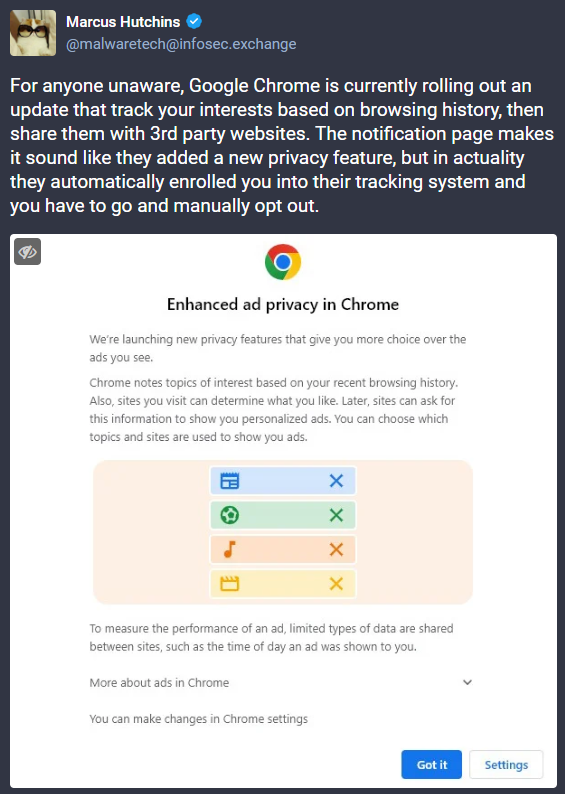Granted.
For a beginner, however, this is a difference that would take some explaining. As you said, some distros heavily theme the desktop environments (DE) before shipping, so in that sense the question is fair.
By extension, of course, I am with you, as with the right amount of work, any distro can run any DE and make it look any way.

😅